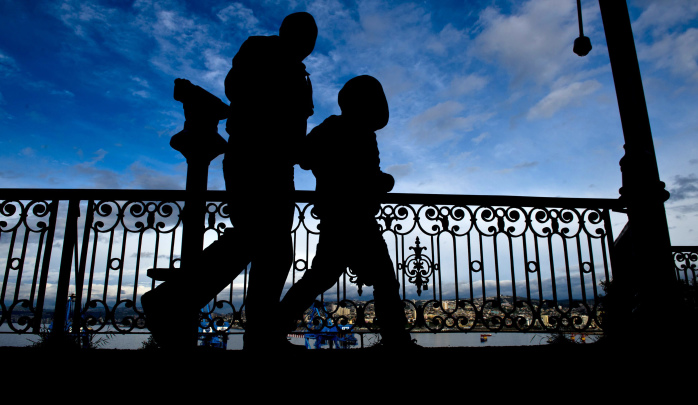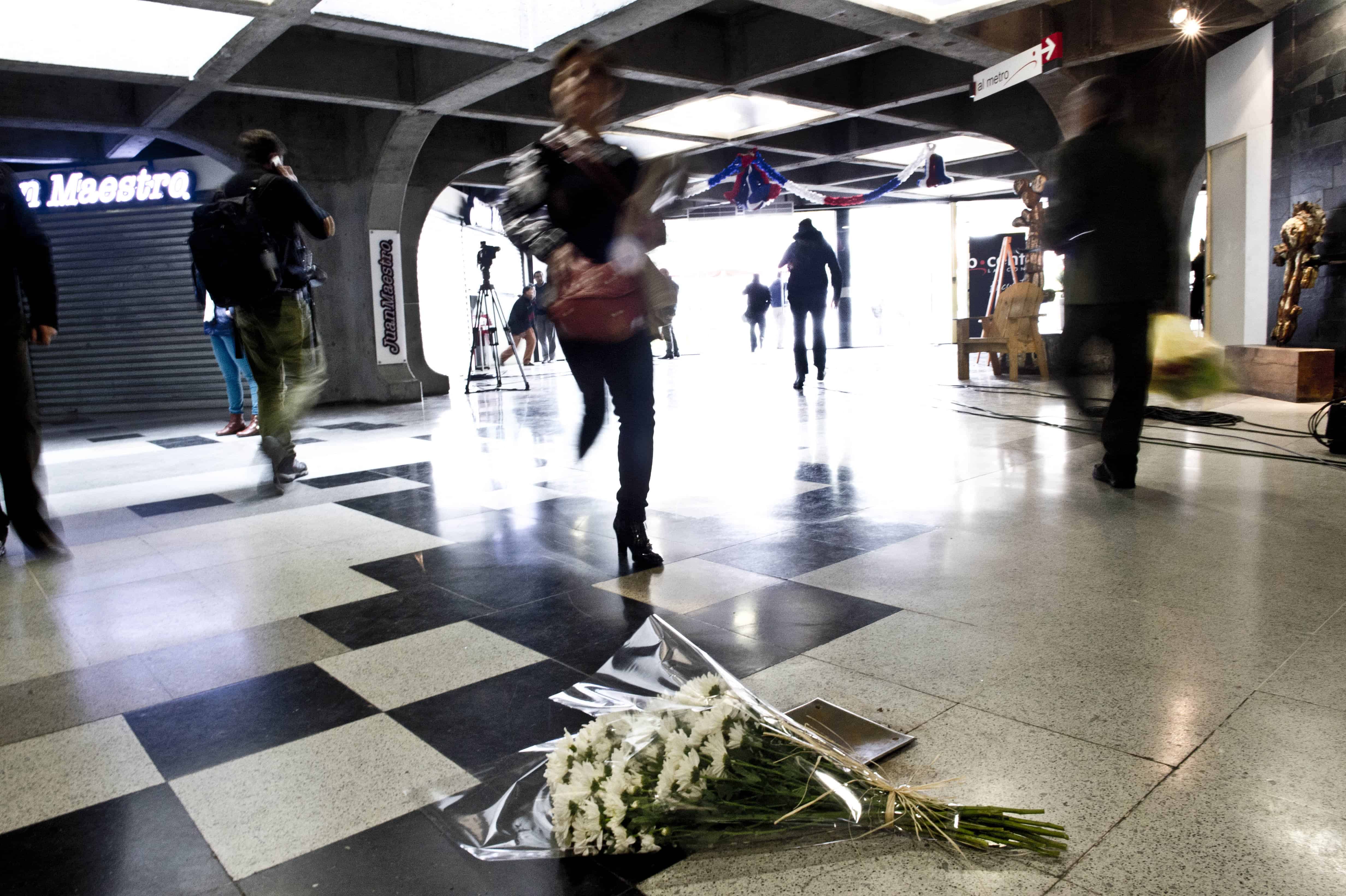Nothing like the whiff of cordite to set a society on a forensic soul-searching mission: Two explosions in Chile last week — one near a Santiago metro station, the other in a supermarket in Viña del Mar — have shaken this mostly peaceable nation like an Andean temblor and left much of Latin America perplexed.
Violence is hardly new in Chile, and almost routine this time of year, when Chileans remember the coup d’etat of Sept. 11, 1973. Though it’s been 41 years, the wounds are still fresh from the military dictatorship that lasted until 1990, took more than 40,000 lives, and “disappeared” many more.
But unlike the odd petard in the night set off by vandals or millenarian misfits, the latest attacks were more deadly — the one in Santiago injured 14 people, some of them seriously. For the first time since the fall of General Augusto Pinochet, talk of “terrorism” headlines the news, prompting some Chileans to argue that the authorities should weigh reactivating the junta’s intelligence police. Police investigators are still scouring the rubble for clues and suspects.
Few nations have done as much to disarm the social and political ordnance that lies strewn across Latin America. This land of 17.4 million boasts one of the highest per capita incomes in the region, and also the best performance by school children, a minuscule illiteracy rate, plunging poverty and a culture of political civility that has kept the country stable, democratic and prosperous even as government toggles from the staunch right to socialist left.
Look closely, however, and the Andean idyll seems like a dream deferred. Chile’s achievements are enviable for Latin America, but Chileans no longer want to be merely the best among the least. Many are dogged by their status as the last among best. Chile has the worst income inequality in the high-income nations of the Organization for Economic Co-operation and Development. Its 15-year-olds scored below average on OECD standardized problem solving tests, placing 36th of 44 among these elite nations.

Chile is right to be proud of its hybrid education system, which turned over public schools to private initiative and saw universities multiply and the number of students rise 10-fold since the 1980s. But the market-friendly solution also forced students into taking exorbitant loans. Millions of students hit the streets in 2011, bringing the government of then-President Sebastián Piñera almost to its knees. Bachelet, a socialist, rode the rebel wave to the ballot box promising free universal education, which her legislative majority has just brought a step closer by passing a sweeping tax reform.
With the economy slowing, however, business leaders are underwhelmed — not least over the prospect of losing the Taxable Profit Fund, or FUT, which allows companies to decant earnings into reinvestment. Bachelet’s critics say that slashing the FUT will slow growth and curb investment.
Maybe so, but Chile’s corporate elite has its own problems. For starters, it’s less clear just how the FUT has kicked in to the Chilean economy. In a recent visit to Chile, Ricardo Hausmann, the former chief economist for the Inter-American Development Bank told Revista Capital that despite the $270 billion corporate honey pot, Chile’s private sector has “one of the lowest rates of research and development in the OECD.”
The larger problem may be one of complacency. Despite Chile’s reputation as the most open economy in Latin America and its 150 years of plumbing the Andes for copper, it is still not a global player. “If Chile were so good at extracting minerals, there would be Chileans mining abroad,” Hausmann said.
Of course, protesters don’t get juiced over innovation and no one sets off a bomb because of lackluster productivity. But the seething in September is an unsettling reminder for Latin America’s model country that there is much left to be done.
Margolis is Brazil bureau chief for Vocativ.
© 2014, Bloomberg News






